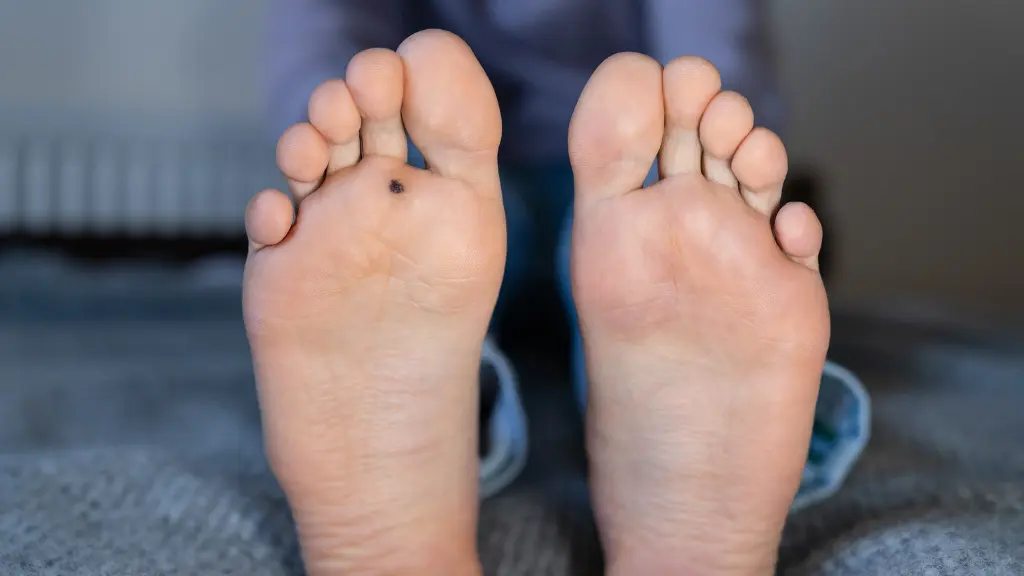Dizziness is a common complaint that can disrupt daily life. It’s a general term that covers a range of sensations, from lightheadedness to vertigo.
For many, dizziness is unsettling, but the good news is that it’s often treatable once the cause is identified. In this article, we’ll explore the different causes of dizziness, its symptoms, and what you can do to manage or alleviate it.
You May Also Like: Welcome to Christmas Town, USA: A Holiday Wonderland
What Is Dizziness?
Dizziness isn’t just one feeling—it’s an umbrella term that can refer to:
- Lightheadedness: Feeling faint or like you might pass out.
- Vertigo: A spinning sensation, often associated with balance issues.
- Unsteadiness: A feeling of being off-balance or wobbly.
- Disequilibrium: A sense of being unsteady on your feet, usually caused by problems with balance.
Each of these types of dizziness can have different causes and treatments.
Common Causes of Dizziness
There are many reasons you might experience dizziness. Here are some of the most common ones:
1. Inner Ear Issues
The inner ear plays a crucial role in maintaining balance. When it’s not functioning properly, you might experience dizziness or vertigo.
- Benign Paroxysmal Positional Vertigo (BPPV): Small calcium crystals in the inner ear can become dislodged, causing a sensation of spinning.
- Meniere’s Disease: This condition leads to fluid buildup in the inner ear, causing dizziness, ringing in the ears (tinnitus), and hearing loss.
- Labyrinthitis: An infection of the inner ear that causes dizziness and balance issues.
2. Dehydration
Not drinking enough fluids can cause dizziness. When you’re dehydrated, your blood pressure drops, which can lead to lightheadedness and fainting.
- Symptoms of dehydration include dry mouth, dark urine, and weakness.
3. Low Blood Pressure (Hypotension)
Low blood pressure is a common cause of dizziness, especially when standing up quickly. This condition, known as orthostatic hypotension, happens when your blood pressure drops too low after standing from a sitting or lying position.
- Symptoms include dizziness, lightheadedness, and fainting.
4. Anemia
Anemia, a condition where you have a low red blood cell count, can reduce the oxygen supply to your brain and other organs.
- Symptoms include dizziness, fatigue, shortness of breath, and pale skin.
5. Medication Side Effects
Some medications can cause dizziness as a side effect.
- Common culprits include blood pressure medications, antidepressants, sedatives, and diuretics.
6. Anxiety and Stress
High levels of anxiety or panic attacks can cause dizziness. The body’s stress response increases heart rate and breathing, leading to feelings of lightheadedness or a sensation of spinning.
- Symptoms of anxiety-induced dizziness may include rapid heartbeat, shallow breathing, and feelings of impending doom.
7. Blood Sugar Imbalance
Low blood sugar (hypoglycemia) can cause dizziness. When you don’t eat for a long time, your blood sugar drops, leading to shakiness, confusion, and dizziness.
- Symptoms include irritability, sweating, weakness, and confusion.
8. Heart Problems
Certain heart conditions, such as arrhythmia (irregular heartbeat) or heart failure, can lead to dizziness. These conditions affect the heart’s ability to pump blood effectively, leading to inadequate blood flow to the brain.
- Symptoms may include palpitations, chest pain, or fainting spells.
9. Migraines
Migraines don’t just cause headaches—they can also lead to dizziness. This is known as vestibular migraine, where dizziness or vertigo occurs without the headache, or alongside it.
- Other symptoms include sensitivity to light, nausea, and blurred vision.
When Should You Seek Medical Attention?
While dizziness is often harmless, there are times when it requires medical attention. You should seek help if:
- The dizziness is severe or persistent.
- It’s accompanied by chest pain, difficulty breathing, or fainting.
- You experience sudden vision loss or double vision.
- You feel disoriented, confused, or have trouble speaking.
These could be signs of a serious medical condition that requires immediate attention.
How to Manage and Treat Dizziness
Treatment for dizziness depends on its underlying cause. Here are some tips and treatments based on common causes:
1. Balance Exercises
If your dizziness is caused by inner ear issues like BPPV, a healthcare provider might recommend exercises such as the Epley maneuver, which helps reposition the crystals in the inner ear.
2. Stay Hydrated
Drinking plenty of water throughout the day can help prevent dizziness caused by dehydration. Aim to drink at least eight 8-ounce glasses of water daily, more if you’re physically active.
3. Eat Regularly
To avoid dizziness caused by low blood sugar, eat small, frequent meals throughout the day. Focus on balanced meals with proteins, complex carbohydrates, and healthy fats.
4. Medication Adjustments
If your dizziness is medication-induced, your doctor may adjust your dosage or switch you to a different medication. Always consult your doctor before making changes to your medication regimen.
5. Treating Anxiety
For anxiety-induced dizziness, relaxation techniques like deep breathing, mindfulness, and meditation can help. If anxiety is severe, consider speaking with a healthcare provider about therapy or medications.
6. Manage Blood Pressure
If low blood pressure is causing your dizziness, ensure you’re eating enough salt and drinking fluids. Standing up slowly and wearing compression stockings can also help reduce symptoms.
Home Remedies for Dizziness
While it’s essential to seek medical advice if dizziness persists, here are a few simple remedies you can try at home:
- Ginger: Known for its ability to relieve nausea and dizziness, ginger can be consumed in tea or as a supplement.
- Peppermint Tea: Peppermint can help reduce nausea associated with dizziness.
- Rest: Sometimes, simply lying down in a dark, quiet room can help relieve dizziness.
Preventing Dizziness
To reduce the risk of dizziness:
- Stay hydrated.
- Avoid standing up too quickly.
- Eat a balanced diet.
- Exercise regularly to improve balance.
Conclusion
Dizziness is a common symptom that can have various causes, ranging from inner ear problems to dehydration and anxiety. Understanding the root cause of your dizziness is crucial to finding effective treatment and managing the condition.
If dizziness persists or worsens, always consult a healthcare provider to rule out serious conditions. By staying hydrated, eating well, and taking care of your overall health, you can reduce the likelihood of dizziness interfering with your daily life.
Take Control of Your Health
Dizziness doesn’t have to control your life. By understanding its causes and taking the right steps, you can regain your balance and enjoy a healthier, more stable lifestyle.











[…] You May Also Like: Unraveling Dizziness: Causes, Symptoms, and Treatment Options […]